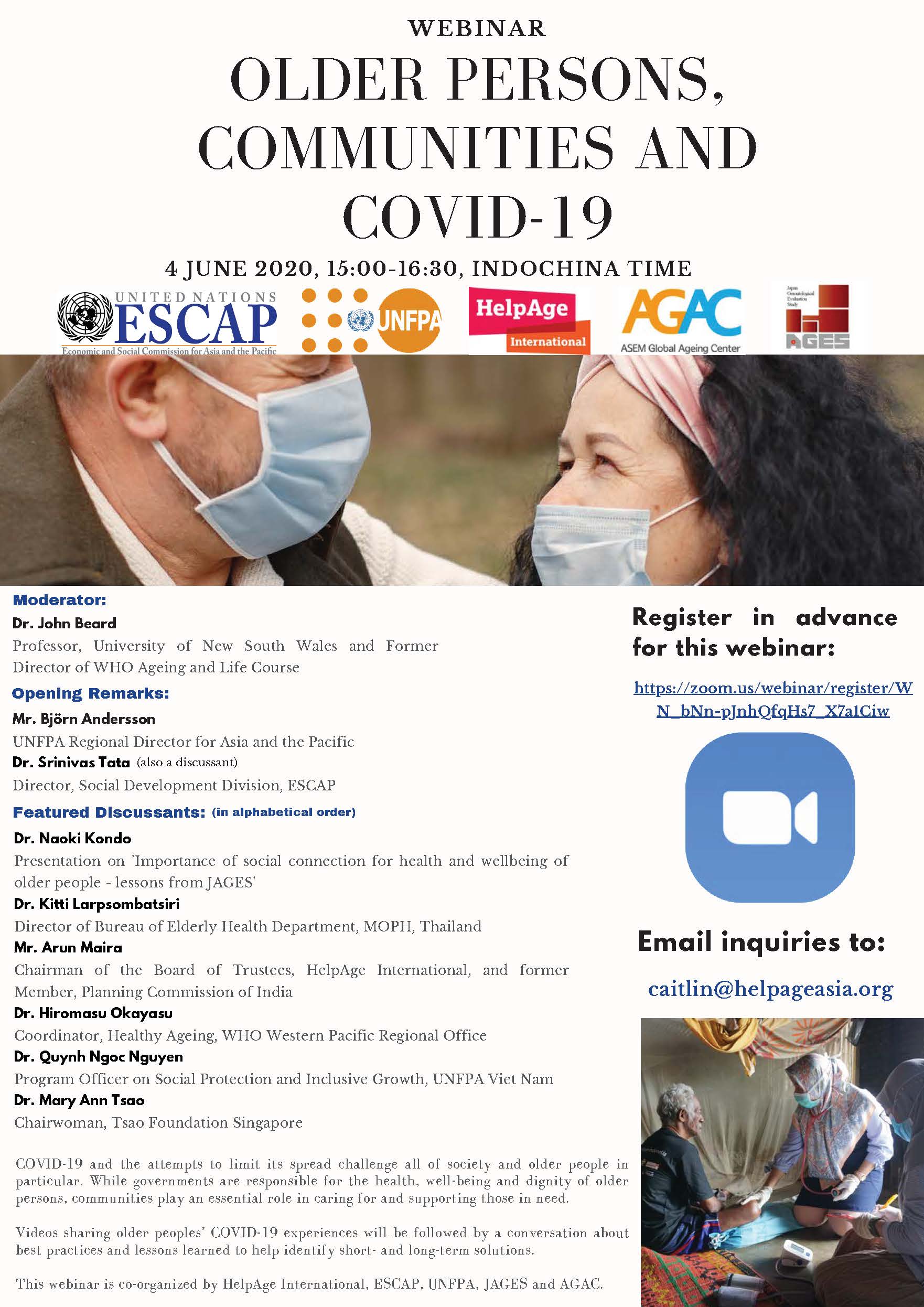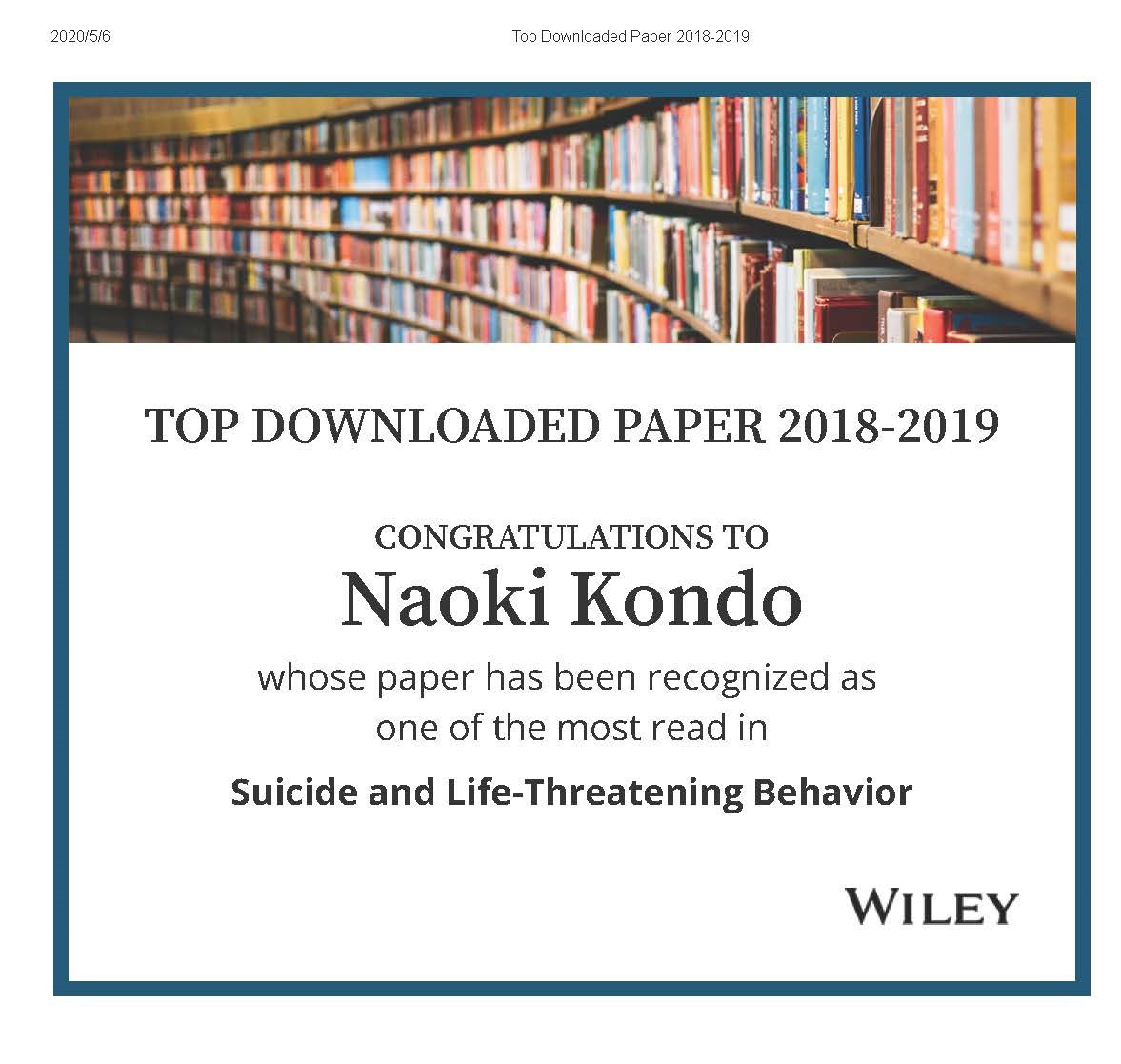The book launch event will be held on Feb, 27, 2023, Tokyo and online.
Book title: Silver Opportunity : Building Integrated Services for Older Adults around Primary Health Care
https://www.worldbank.org/en/events/2023/02/27/phrd-uhc-funded-aging-and-long-term-care-case-studies-book-launch
Book description
We live in a rapidly aging world, in which people who are 65 years and older outnumber children under age 5. This book reveals large and growing elder care gaps in countries at all income levels and shows how they can close these gaps and leverage reforms to improve the health of seniors and create healthier, more prosperous communities. It argues that primary health care (PHC) should be the cornerstone of integrated service delivery for older people, but that PHC systems must first build their capacity to respond to older people’s health needs. Aimed at policy makers and other health and development stakeholders who want to promote healthier aging, this book compiles the latest evidence on care needs and gaps for aging populations; presents an original framework for policy action to advance PHC-centered, integrated senior care; documents the experiences of pioneering countries in delivering community-based care to older people; and provides recommendations for decision-makers. The framework presents four policy levers to improve health care for seniors—financing, innovation, regulation, and evaluation and measurement—or FIRE. The FIRE framework identifies financing strategies countries can use to adapt their health systems as populations age by, for example, strengthening PHC gatekeeping and care coordination functions. It describes how some countries have leveraged innovative care delivery models—including digital technologies—to advance the full range of acute, post-acute, and long-term care services. Country experiences show that care systems for older people work best when countries adopt a whole-of-government regulatory framework across such domains as government stewardship, financing, human resources, and infrastructure. Finally, evaluation and measurement are key to understanding older people’s care needs and ensuring that the supply of services matches demand. By acting now, countries can leverage population aging to accelerate progress toward health equity and Universal Health Coverage (UHC).
EVENT DETAILS
- DATE/TIME: 10:00am-11:30am Monday, February 27, 2023 (JST)
- FORMAT: Hybrid (onsite or online via Zoom)
- VENUE (for onsite participants): World Bank Tokyo Office, 14th Floor, Fukoku Seimei Building, 2-2-2 Uchisaiwaicho, Chiyoda-ku, Tokyo, Japan (Please refer “ACCESS” in RELATED below)
- Admission: Free
- LANGUAGE: English
- Registration: Registration is required for in-person and online participation via the form below. Zoom link will be sent to the registered participants. If the registration form does not work, please email to the contact address with your full name, company name, division name and email address.
- CONTACT: World Bank Tokyo Office 03-3597-6650
- ptokyo@worldbank.org


